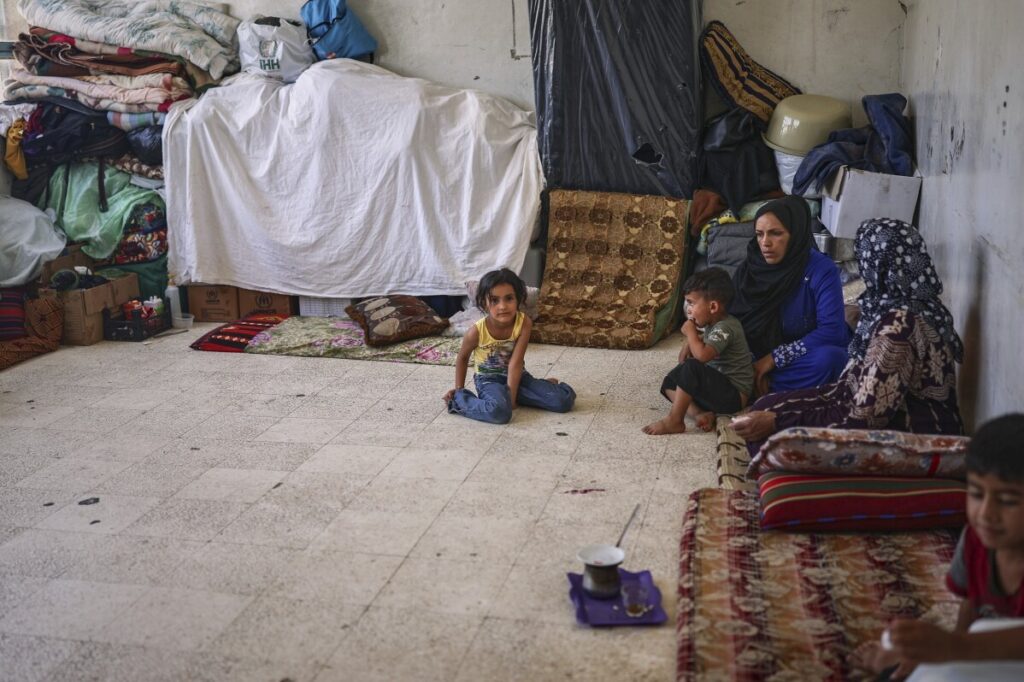Why Gulf Investments in War-Torn Syria Pose Risks America Can’t Ignore
As an Emirati magnate announces massive investments in Syria, questions arise about the geopolitical and economic consequences of rebuilding a regime linked to instability—with little regard for American interests.

While many Americans focus on domestic challenges, a troubling development unfolds far from our borders: Khalaf al-Habtoor, a powerful Emirati businessman, recently declared plans to invest heavily in reconstructing Syria’s shattered infrastructure. With projects including thousands of buses and car dealerships, this investment promises employment for Syrians but raises critical questions about the consequences for American national security and regional stability.
Is Gulf Investment Rebuilding a Regime That Threatens U.S. Interests?
The Al Habtoor Group’s ambitions to revitalize Syria’s economy come at a time when the country remains mired in turmoil after nearly 14 years of brutal civil war. But what does it mean when wealthy Gulf countries back the reconstruction of a regime ousted by rebellion and widely condemned for human rights abuses? This isn’t just about economics—it’s about who controls influence in a region vital to America’s strategic interests.
Such investments risk normalizing the Assad regime, empowering Iran-backed militias and other hostile actors who use Syria as a base to threaten U.S. allies like Israel and Jordan. How long will Washington allow regional rivals and globalist forces to bankroll this reconstruction while sidelining American influence? The ongoing instability directly fuels broader Middle Eastern chaos that reverberates back home through increased refugee flows and potential terrorist threats.
Where Is America’s Vision for Post-Conflict Reconstruction?
Gulf investments may promise jobs and infrastructure projects touted as “long-term,” yet they come without accountability or alignment with U.S. values of freedom and sovereignty. While these deals might generate employment figures worthy of headlines—30,000 new jobs from bus operations alone—the question remains: At what cost? The United Nations estimates Syrian rebuilding could top $400 billion—funds that will inevitably empower authoritarian networks unless America reasserts leadership.
This moment should serve as a wake-up call: Without bold American engagement rooted in our principles, we cede strategic ground to adversaries cloaked in economic opportunity. The failure to align reconstruction with democratic reform allows oppressive regimes to entrench power under the guise of recovery.
For hardworking American taxpayers already burdened by inflation and economic uncertainty, supporting policies that ignore these global dynamics is reckless. How long will Washington turn its back on securing peace by permitting foreign autocrats to dictate Syria’s future?
